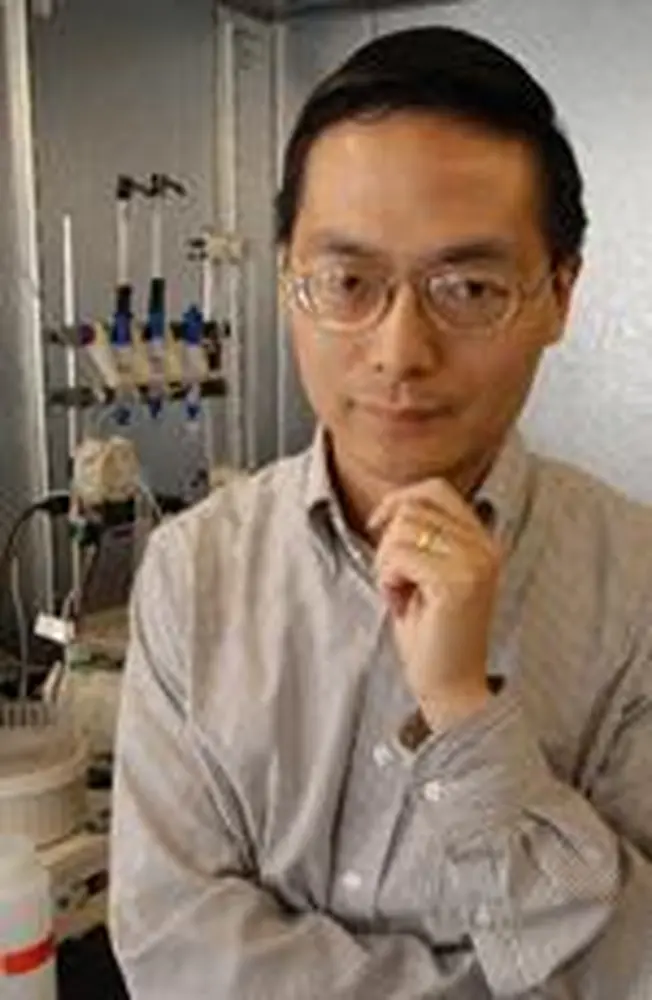

If you can fight fire with fire, it should come as no surprise that you can also fight bacteria with bacteria.
University of Illinois researchers in the College of LAS recently used a unique cloning method to successfully synthesize a promising natural antibiotic within a bacteria host. This means it might be possible to produce cost-effective amounts of the antibiotic using bacteria as microscopic factories.
Fosfomycin is a natural antibiotic approved by the Food and Drug Administration for the treatment of various bacterial infections, including some that have become resistant to the antibiotics penicillin and vancomycin.
Fosfomycin's native host is the bacteria Streptomyces fradiae. But researchers were able to clone the essential genes for fosfomycin synthesis and then produce it in the non-native host, Streptomyces lividians. The next step is to produce large quantities of fosfomycin within the infamous bacteria Escherichia coli, better known as E. coli.
"Eventually, we should be able to produce fosfomycin in a cost-effective manner and create more potent derivatives for it," says Huimin Zhao, U. of I. professor of chemical and biomolecular engineering.
Finding new antibiotics is critical in the escalating "arms race" between scientists and bacteria that build up resistance to antibiotics. According to the Centers for Disease Control and Prevention, most of the major bacterial infections in the world are rapidly building up resistance to their key antibiotics treatments.
Fosfomycin could become an important weapon in the scientists' arsenal. It is a member of a class of compounds called phosphonic acids, which Zhao says are "underexploited bioactive compounds with great potential for treating human disease."
Zhao recently published their findings in a paper co-written by chemistry professors Wilfred van der Donk and Neil Kelleher, microbiology professor William Metcalf, and graduate students Ryan Woodyer, Zengyi Shao, Paul Thomas, and Joshua Blodgett.


